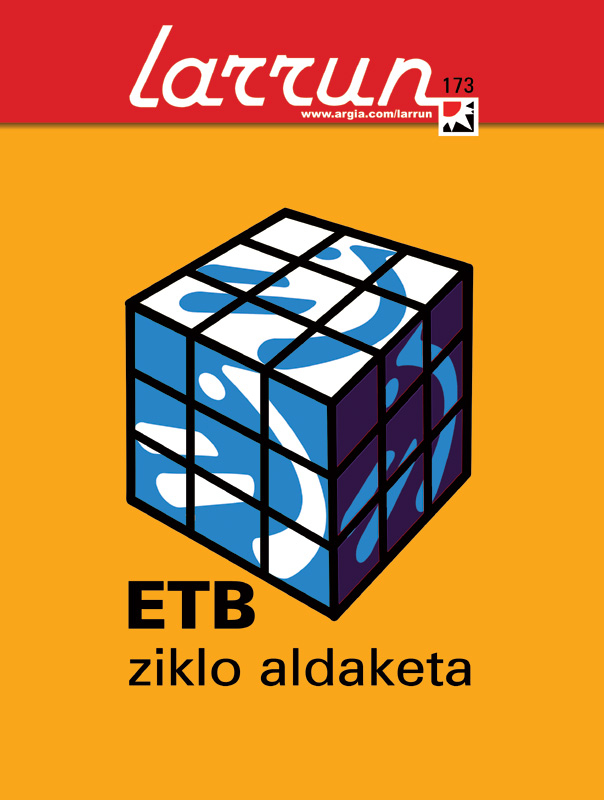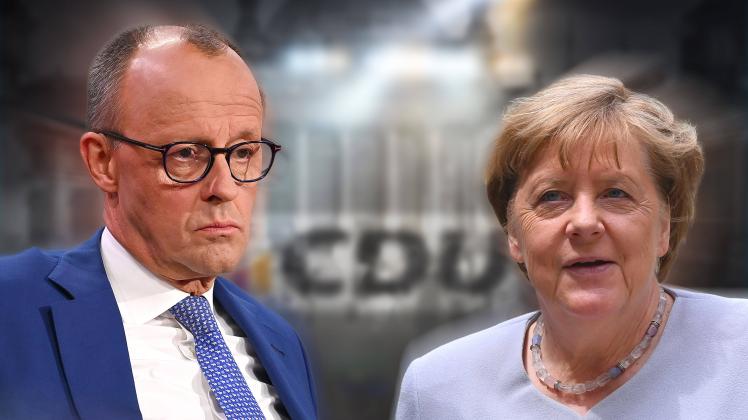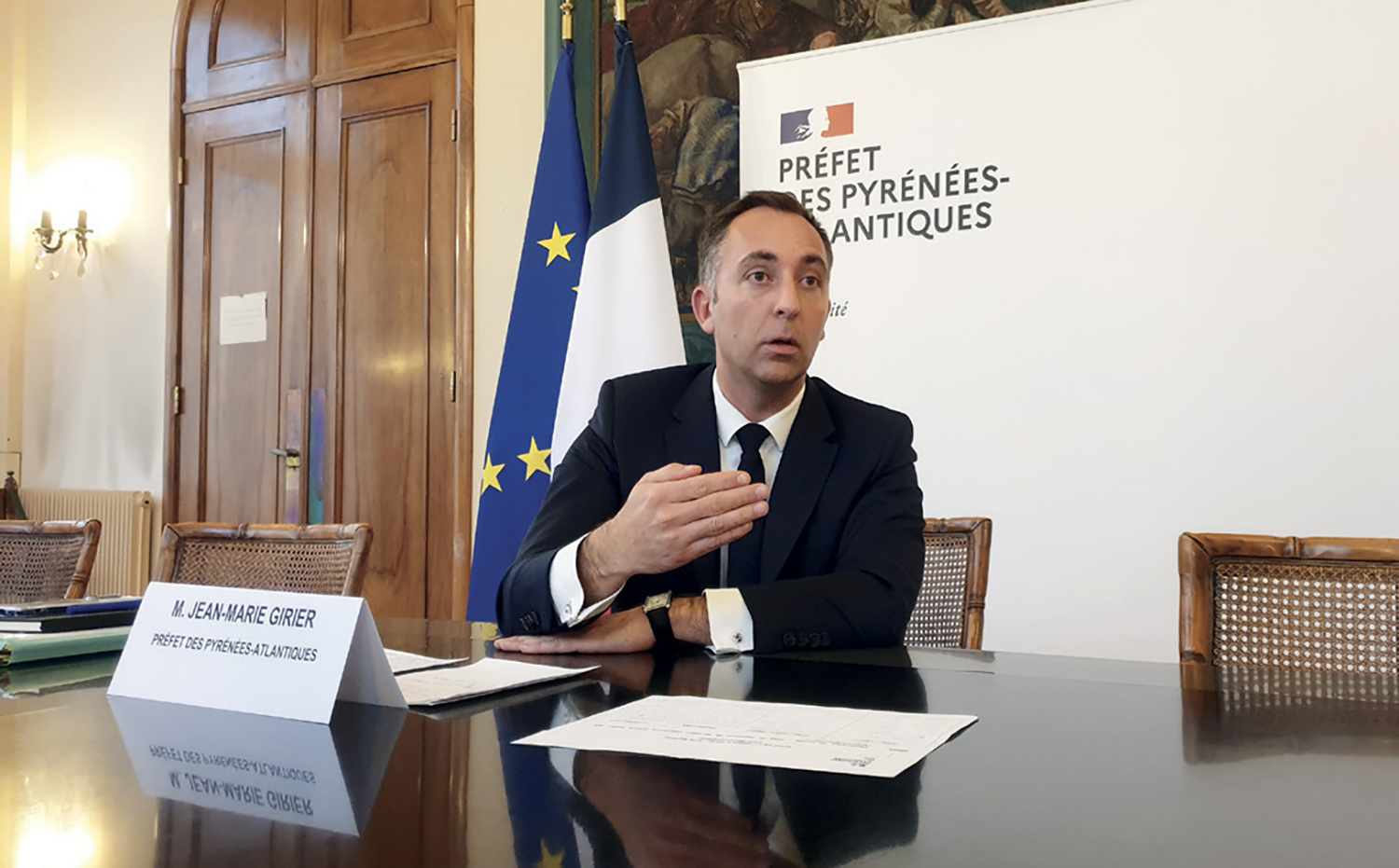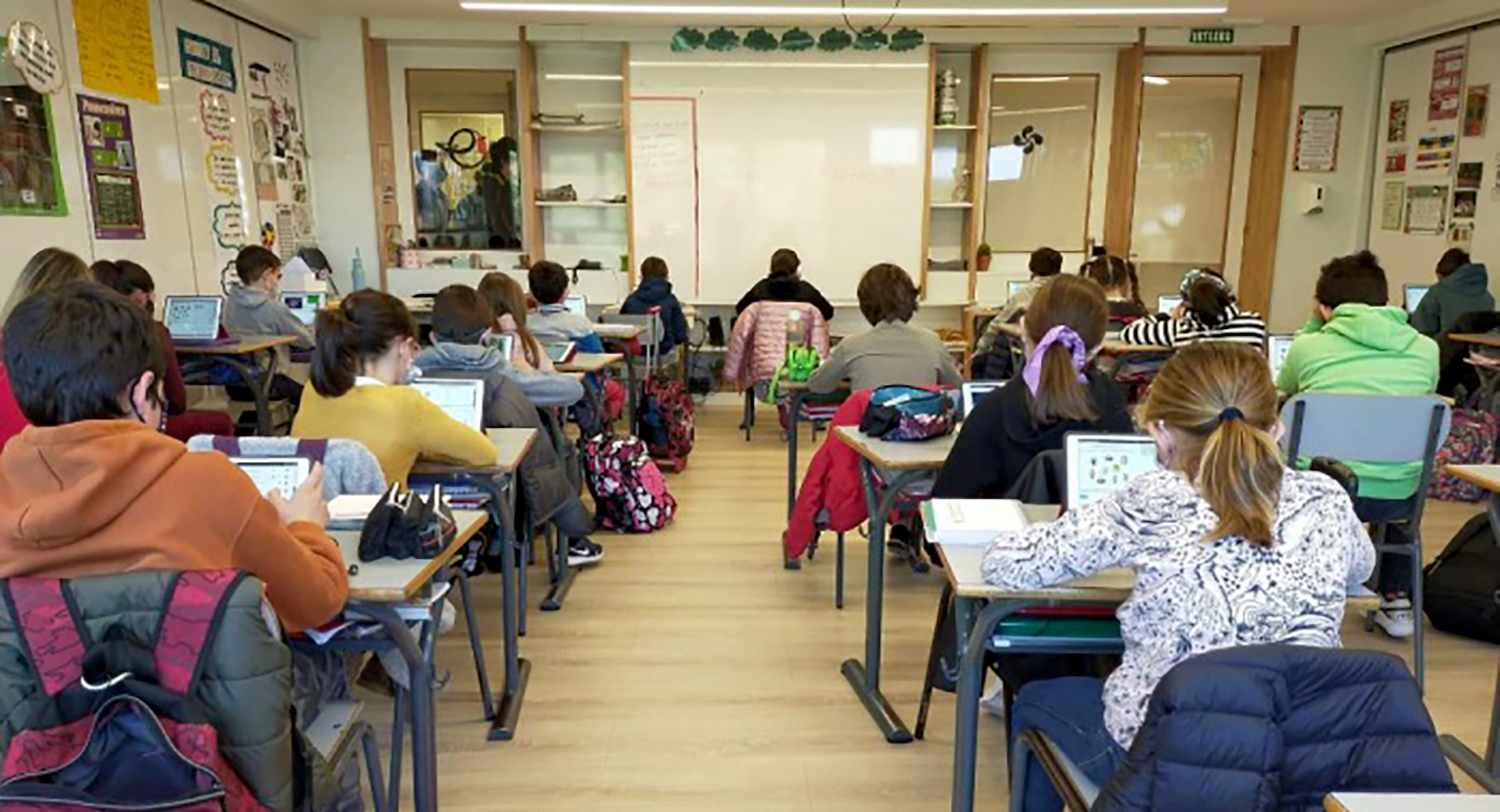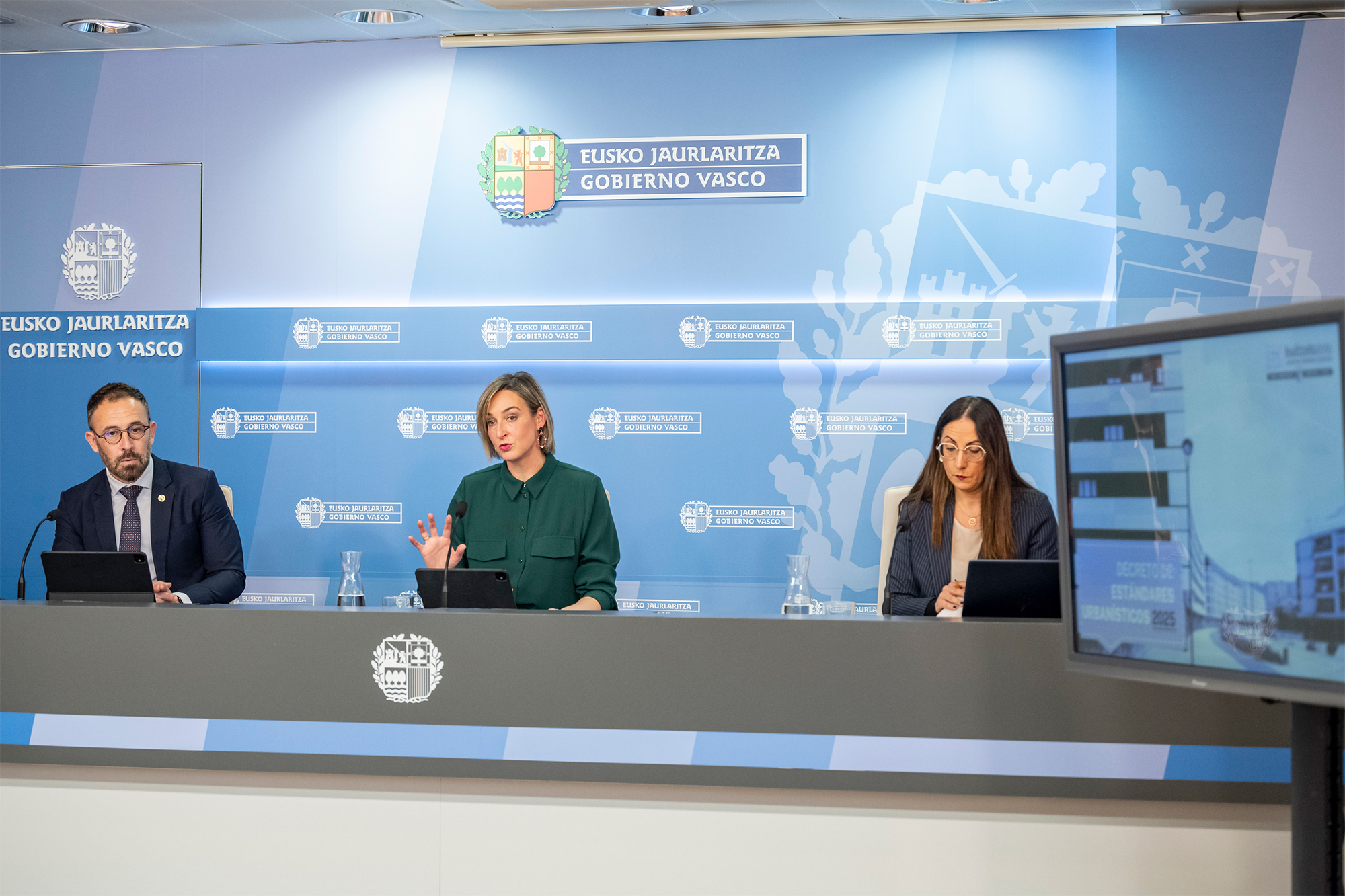The three challenges of ETB
- In the face of the risk of social disintegration, or in the face of a virtual world that has no links in daily life, stateless nations need a communication system of sufficiency that allows them to establish themes of debate that allow them to generate common cultural, social and political orientations and contribute to their development.
There are several factors that draw a dangerous map for local public television.
Firstly, digitisation has brought competition from other horizontal forms of communication and orientation towards self-managed television consumption (TVa-pc-phone-Internet), which reduces the fidelity and quotas of each television channel. Secondly, the State’s political commitment to a centralised, private, abusive, fragmented and duo-political audiovisual system has been appalling. Thirdly, the economic crisis has affected the advertising market and public budgets. And finally, in 2008, ETB's audience increased from 20% to 12% in July 2012, which is also due to Alberto Surio's strategic errors, supported by the agreement of the PSE and the PP and led to broadcasters, away from the majority sensitivities.
In order for EITB to return to the heart of Basque communication, it has to face three challenges:
1.- Democratization and institutional adaptation. It would involve the amendment of the Euskadi Law on the Victims of Terrorism. The choice of the Management Board and the Directorate-General requires another model and form. Likewise, it should be another law created by the Basque Council for Audiovisual Communication, in order to ensure the plurality and obligations of the entire audiovisual system.
The Management Board should not have a political profile, but a professional one, and should not be linked to each legislature. It should be elected by Parliament, with the primus inter pares presidency, which would also be Director-General. This would not be a single body in itself, but would be linked to the majority of the Council, but it would have a quality vote. Both would be elected by Parliament – I believe that with a 2/3 majority if in the second round 3/5 were prolonged and paralysis by an absolute majority –.
In addition, it is necessary to launch the Advisory Council on Programming, representing civil society. The table would consist of the Professional Information Council (and the Drafting Statute) and the establishment of the right of active and passive access to ensure that society, minorities and groups have direct access to information and good communication.
2.- Redefinition of Public Service missions and programming models, as the relationship with users must be different.
It would be to define as a media corporation. More tasks should be added to the core features of the EiTB Public Service (general access, provision of majority programming and attention to minorities, linguistic standardisation, quality, information, neutrality, identity, democratic management, funding to ensure independence, self-production and an emphasis on the nearby audiovisual industry): To articulate the cultural and communicative framework of Euskal Herria; the cultural memory, innovation, the experimentation of formats, creativity and the multi-support commitment; to be a reference in information with its own agenda; differentiation with identification; the emotional closeness; the competition in interactive services and presence on multiple platforms; the structuring of a plural community; the construction of the public space…
In the programming, the importance of informative, informative and cultural spaces must be highlighted, as well as quality and high audience programming, preferably based on their own production, either inside or outside.
With regard to the public service function of EiTB, a Basque News Agency would also make sense, which would represent a multimedia extension of EITB services in a wide range of languages.
3.- Review the chain system and its functions for the sake of programming in Basque.
In the last legislature, the social role of ETB1 has continued to fall. The audience doesn't match the sociolinguistic reality. There are too many stuffing programs, sport (ball) and repetitive “ethnic” interviews and reporting. In contrast to the role of public opinion management, the number of hours of news items in Basque is one third of the channels in Spanish. Today, the Basques do not see ETB1. It is a secondary chain, such as a local chain, not adapted for young people or educated and literate people. ETB2 phagocytes space. Clearly, the differentiated specialization model between chains is a bad option: Euskaldunisation of ETB1 and the socialisation, integration and public opinion of ETB2.
How to make a jump in ETB1? Prioritizing, from the vocation of General TV, to different areas of the Basque population. To this end, programming and funding should be improved; production should be expanded and doubled.
What if there were more flexibility with the ETB2 language, progressively introducing bilingual programmes and subtitles, and paying more attention to the Basque culture in a broad sense? But just as ETB1 does not have to be just below ETB2, it is not appropriate to dismantle the role of ETB2 as a federative chain.
EITB.com should be given priority as an Internet channel to connect with young people and offer à la carte content on multiple media platforms. Maintain ETB3 as far as possible, continuing with child/juvenile programming. Otherwise, the hearing of children and young people will be handed over to foreign thematic channels. Furthermore, the ETB4 project could be awaiting approval. And international chains are necessary, and it may be appropriate to adjust the current costs through OTT. Finally, it seems logical to see that there are local television channels in Basque and bilingual and that by themselves they serve a public or social service, and that EITB should have privileged relations and support.
In short, a leap should be made in democracy, in quality and in service in Basque television.
(*) Ramón Zallo is professor at the UPV.
49 urte preso pasa ondoren, libre utzi dute Leonard Peltier AEBetako ekintzaile autoktonoa. Otsailaren 18 honetan heldu da bere senide eta lagunen artera 80 urte dituen preso-ohia.
In the Maszycka cave in Poland, remains of 18,000 years ago were found at the end of the 19th century. But recently, human bones have been studied using new technologies and found clear signs of cannibalism.
This is not the first time that a study has reached this conclusion,... [+]
Porzheim, Germany, February 23, 1945. About eight o’clock in the evening, Allied planes began bombing the city with incendiary bombs. The attack caused a terrible massacre in a short time. But what happened in Pforzheim was overshadowed by the Allied bombing of Dresden a few... [+]
On February 3rd, the time has begun to pre-enroll our children and young people in schools, and as every year we would like to remind you why we do not think it is a good idea to enroll them in religion. Last year we finished the article saying that “many of you will be... [+]
From the Association of Parents of the Instituto Arratia Small Tram we want to encourage reflection on the use of screens in the learning community.
Lately there is a lot of concern about the impact of screens on children and adolescents. This responsibility extends from... [+]







